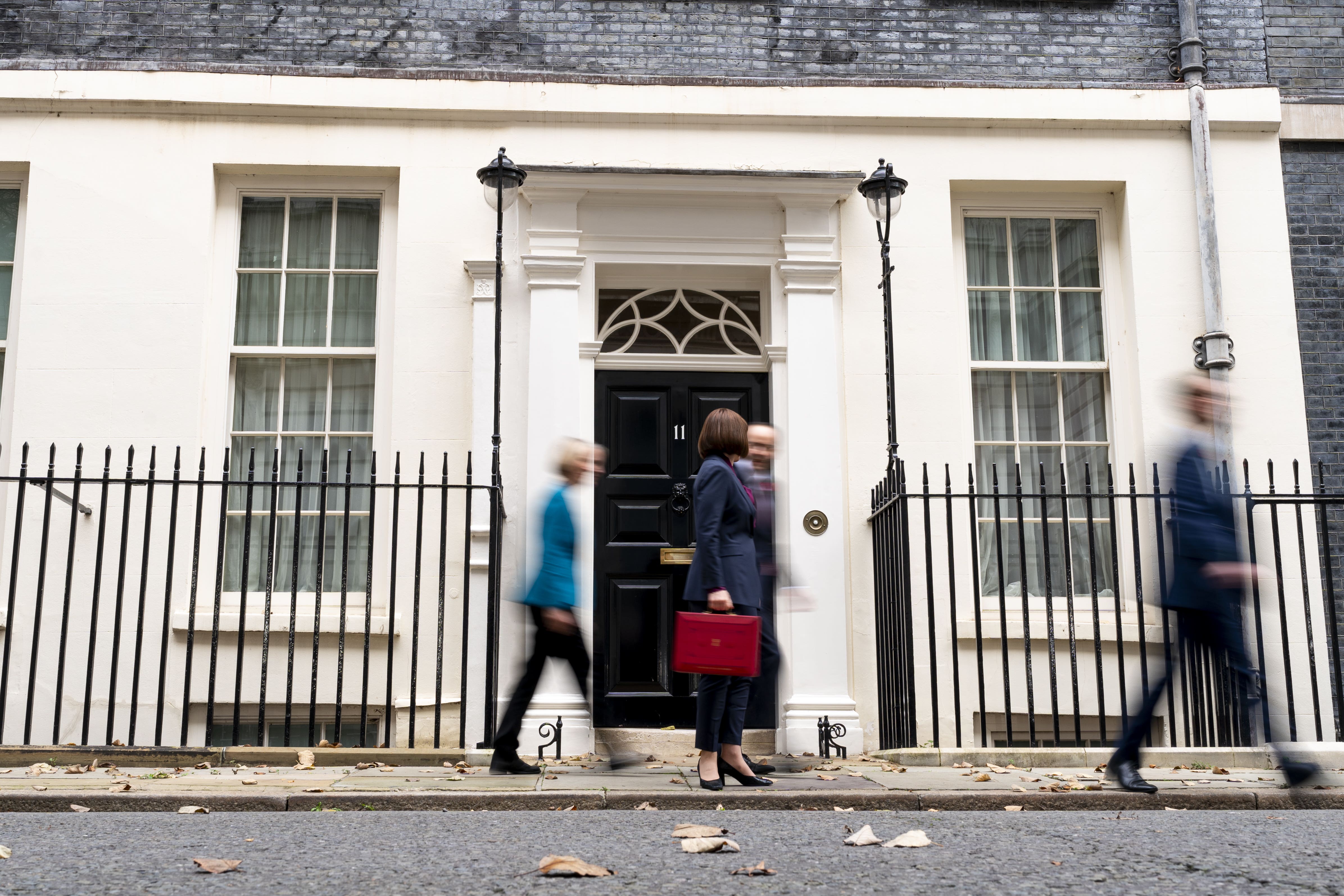S&P and Moody’s warn of fresh constraints to public finances after Budget
The ratings agencies were responding to Chancellor Rachel Reeves’s plan to lift borrowing and change the UK’s fiscal rules to allow it.

Your support helps us to tell the story
From reproductive rights to climate change to Big Tech, The Independent is on the ground when the story is developing. Whether it's investigating the financials of Elon Musk's pro-Trump PAC or producing our latest documentary, 'The A Word', which shines a light on the American women fighting for reproductive rights, we know how important it is to parse out the facts from the messaging.
At such a critical moment in US history, we need reporters on the ground. Your donation allows us to keep sending journalists to speak to both sides of the story.
The Independent is trusted by Americans across the entire political spectrum. And unlike many other quality news outlets, we choose not to lock Americans out of our reporting and analysis with paywalls. We believe quality journalism should be available to everyone, paid for by those who can afford it.
Your support makes all the difference.Ratings agencies S&P and Moody’s have warned about fresh limitations facing the UK’s public finances after Labour announced plans to borrow more at its autumn Budget.
S&P said it views the UK’s fiscal position as “constrained”, following Chancellor Rachel Reeves’s plan to lift borrowing and change the UK’s fiscal rules to allow it.
Meanwhile, Moody’s said the policy posed “an additional challenge for what are already difficult fiscal consolidation prospects”.
In her inaugural spending statement, Ms Reeves increased state spending by almost £70 billion per year – a little over 2% of gross domestic product (GDP) – funded by increased taxes and borrowing.
The scale of extra borrowing – around £32 billion a year on average – saw yields on Government bonds increase as the market responded to the Chancellor’s plans.
Ms Reeves has since played down the impact and sought to offer reassurance of her commitment to “economic and fiscal stability”.
The ratings agencies did not change their ratings of the UK’s debt – a verdict on a country’s broader financial health – but still offered mixed assessments of the Budget.
S&P said the increased spending will “mechanically boost growth in the short term, but it’s too early to tell how much this will add to potential output in the long term”.
It said more spending on public services should also “create a more business-friendly environment”, saying improvements to the NHS and schools would also benefit firms.
But “reaping those potential benefits will also depend on whether the spending is deployed in an effective way”.
Moody’s was marginally more critical, saying the spending leaves the Government with only a “limited buffer” to absorb further financial shocks while still complying with its fiscal rules.
Growth from the new spending will be “limited” unless constraints like low productivity are addressed, which it said will be “difficult”.
The Office for Budget Responsibility has predicted the Government’s spending measures will provide a temporary boost to GDP.
But the watchdog forecast downgrades in subsequent years, and said the Budget measures will add to pressure on inflation and interest rates.